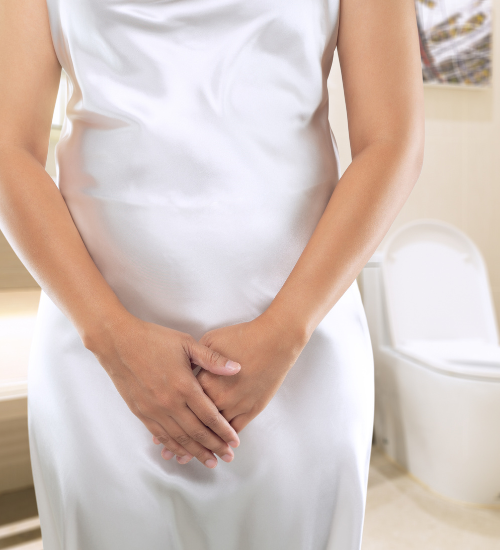Take Steps to Avoid a UTI this Summer
UTIs cause more than 8.1 million visits to health care providers each year
A UTI, or urinary tract infection, occurs when bacteria gets into your urine and travels up to your bladder. About 60% of women and 12% of men will have at least one UTI during their lifetime. The environmental factors of summertime can put you at higher risk for one. Educate yourself on the risks, causes, symptoms, and treatments so you can avoid one!
How do I know if I have a UTI?
Signs of a UTI include pain or burning when you urinate, frequent urination, pain in your back or side near the ribs, pressure in your lower belly, urine that is cloudy, bloody, or has a strong odor, and fever or chills. If you feel any of these, seek professional help.

How can you avoid a UTI?
 
If you’re a woman, you should be aware of the following 5 tips to help avoid a UTI:
Urinating after sexual activity may lower the risk of UTI by flushing out bacteria that may have gotten into the urinary tract during intercourse.
Drink plenty of fluids to keep well hydrated.
Wipe from front to back to keep bacteria around the anus from getting into the vagina or urethra.
Get out of that wet swimsuit, especially if it’s tight. You don’t have to change immediately, but staying in a wet bathing suit for hours can increase your risk of a UTI.
Don’t put off urinating when you need to and don’t rush to finish. Holding in urine and not draining your bladder fully can increase your risk of UTIs.
Be aware that certain forms of birth control, such as spermicidal foam and diaphragms, are known to increase the risk of UTIs in women. Check with your health care provider about other types of birth control.
Why are UTIs more common in the summer?
As the heat and humidity rise, it’s easier for germs to grow. It’s also easier to lose fluids, and people who don’t stay hydrated could have a higher risk of getting a UTI. Also, wet swimsuits provide a perfect breeding ground for bacteria. Holding in your urine — as you might if you’re outside for long periods of time — also increases your UTI risk.
